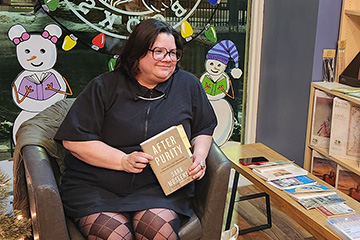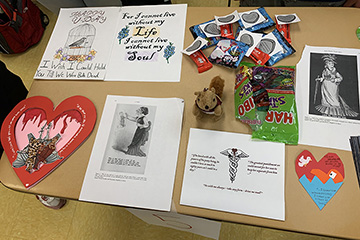Why do Some States Make Voting Difficult?
Alum’s new book explores the Cost of Voting in America
With the 2024 presidential election less than a year away, changes to election laws have become a political battleground with both parties levying accusations that the other is passing legislation for its electoral benefit. A new book by Central Michigan University alum Michael J. Pomante II uses a state’s Cost of Voting Index (COVI) to analyze and measure the state’s relative voting restrictiveness.
In their book, The Cost of Voting in the American States, Pomante and his co-authors look for systematic outcomes due to the passage of distinctive state election laws. They found that states with more restrictions have higher cost-of-voting scores and lower rankings for ease of vote. States with more restrictive election laws also see reduced minority electoral participation and representation.
Additionally, Pomante says they determined that accessible voting does not favor one party over another and has no effect on the instances of fraud.
Pomante graduated from CMU with a Master of Arts in Political Science in 2008. He is a research associate at States United Democracy Center with expertise in American politics, legislative behavior, political behavior, and racial inequality in state election law.
“CMU provided me the foundation upon which I built my expertise upon," said Pomante.





